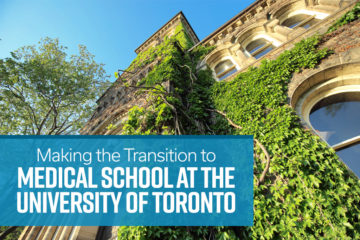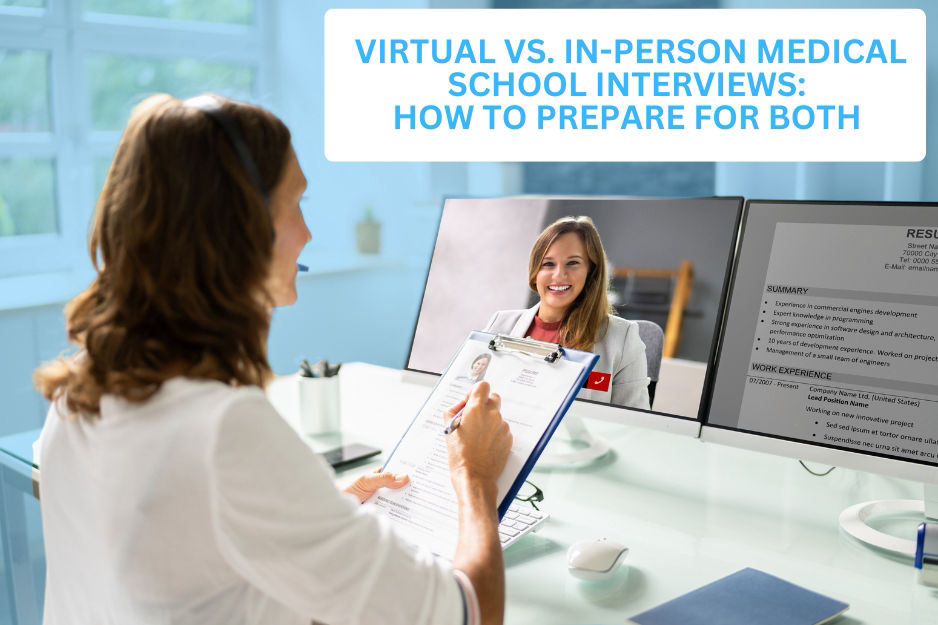
Making the Transition From Undergrad to Medical School at the University of Toronto
Transitioning into medical school may seem daunting at first glance. What is medical school really like? Will I survive the rigor of a medical curriculum? Will I have time for life outside of medicine? To successfully transition into medical school, one must adapt — in more ways than one. That means forgoing old habits, and adapting new approaches to studying, managing extracurriculars, and engaging with one’s social network. In this article, I hope to offer some practical insight on how to make the transition into medical school at University of Toronto (U of T) a seamless one.
Learning in medical school is often likened to “drinking water from a fire hose”. Indeed, we are exposed to massive amounts of information on a daily basis. Aiming for the highest mark possible is no longer necessary nor sustainable. Instead, the focus is on building a strong foundation of knowledge that can be retained and practically used in clerkship and beyond. No longer does it feel like we are simply in school to complete courses or obtain a degree; rather, this is our vocation, and everything we are learning has a significance to our professional lives. To this effect, we must begin to understand what it means to be a lifelong learner within the vast, continually advancing field of medicine. What is also unique about the medical school curriculum is the opportunity to fully delve into a field of medicine at a given time. The best learning occurs when we as medical students fully engage in all the learning opportunities to gain a deeper appreciation of the topic from multiple lenses. Finally, medical education is a marathon not a sprint. This means that unlike undergrad, where cramming may have been a viable option, in medical school we must stay on top of the material and learn the concepts as they build on one another. The Foundations Curriculum at the University of Toronto (U of T) promotes this approach by offering multiple low-stakes mastery exercises. What this does is make the learning more manageable, allow for better retention of knowledge, and reduce stress levels associated with exams.
When it comes to extracurricular activities, there is an abundance of opportunities for medical students here in Toronto. There is a wide variety of student-run initiatives, interest groups, and speaker series to foster our interests outside the classroom. Contrary to undergrad where the challenge was in finding extracurriculars to partake in, the challenge in medical school becomes turning down opportunities that do not fit one’s priorities, and carefully selecting those that align with one’s future career aspirations. We are at the height of our learning and growth, so we must carefully choose opportunities that allow us to foster our long-term professional and personal goals.
When it comes to the social network of medical school, it is considerably more tight-knit than undergrad. The small-group learning opportunities allow us to collaborate and learn from one another.
At the end of the day, our classmates are not only our friends, but our future colleagues. Take the time to get know your peers. Most importantly, be kind and support one other. Invest in these friendships — they may just be the highlight of your medical school journey.
Interested in reading more about our consultants’ experience in medical school at the University of Toronto? Click here for a Q&A blog from a medical student at U of T!
Book an appointment with our University of Toronto consultants today and get an early start on your applications!





